
You’ve seen them—those who stick to twos and threes, not crowds. It’s not awkwardness; it’s intention. People with close-knit circles know where connection fuels them and where it drains. What seems like solitude is often emotional fluency. These 10 insights reveal why some favor depth over breadth—and how that choice shapes their relationships, energy, and lives.
Early Bonds Influence Adult Social Styles

The friendships formed before age 7 go beyond sweet memories; they shape what feels “normal” in later social settings. If early interactions are centered on trust and stability, future circles tend to mimic that calm predictability. Your current vibe might echo those first sandbox alliances.
Family Dynamics Shape Circle Size
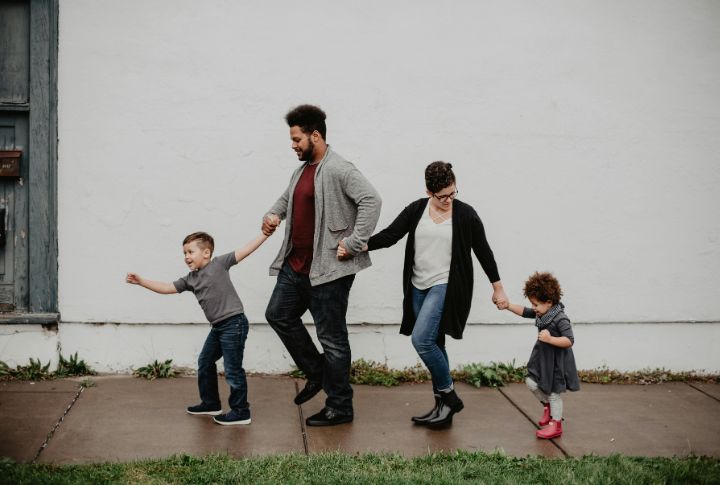
Look at someone with a tight-knit circle, and chances are their family dynamics support it. Being raised in a home that modeled intimacy and loyalty often shapes a mindset that favors close, meaningful bonds over large, constantly shifting groups.
Childhood Hobbies Foster Social Selectivity
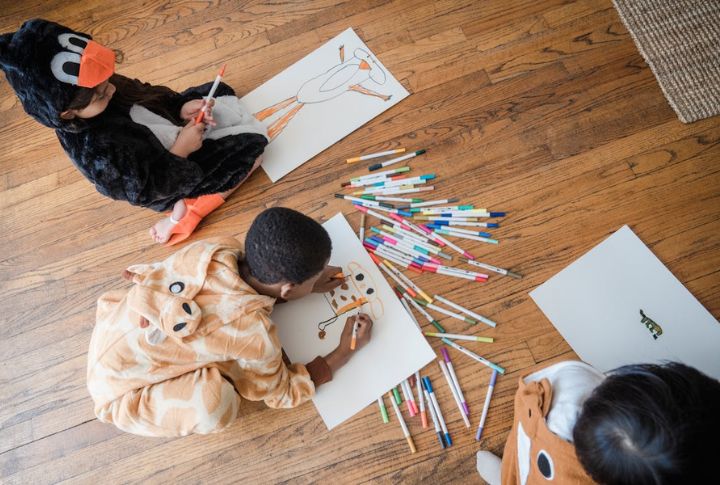
Kids involved in individual-based hobbies like reading, music, or crafts frequently develop sharper social filters. Why? These activities reward focus and introspection, which later reflect in adult relationships where substance prevails over the surface. It eventually becomes a lifelong pattern rooted in early routines.
Energy Is Spent Where It Feels Restorative
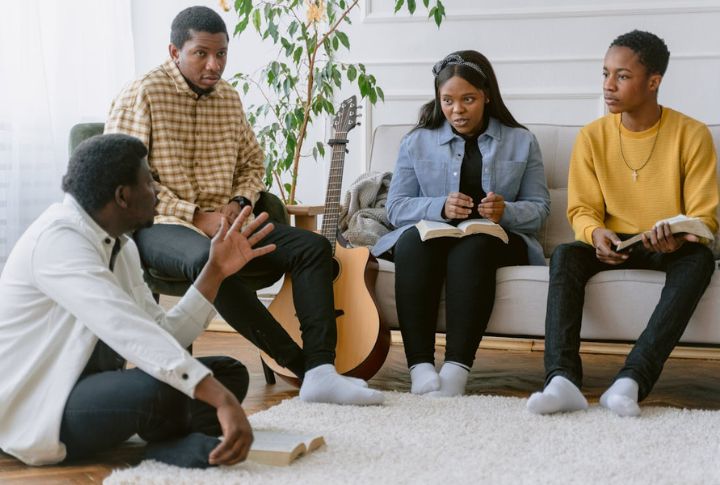
Those with tight-knit circles often treat energy like currency. Instead of filling every weekend with plans, they spend time where the return is emotional ease and not exhaustion. It’s less about the number of interactions and more about leaving them feeling more whole, not more drained.
They Prefer To Observe Before They Invest

People who keep smaller circles usually take their time before engaging. They prefer to scan the energy, notice how others interact, and decide whether it feels right. That slow entry helps protect their peace and keeps their connections thoughtful, not rushed. Trust starts with what feels safe.
Major Life Shifts Reveal Who Truly Matters
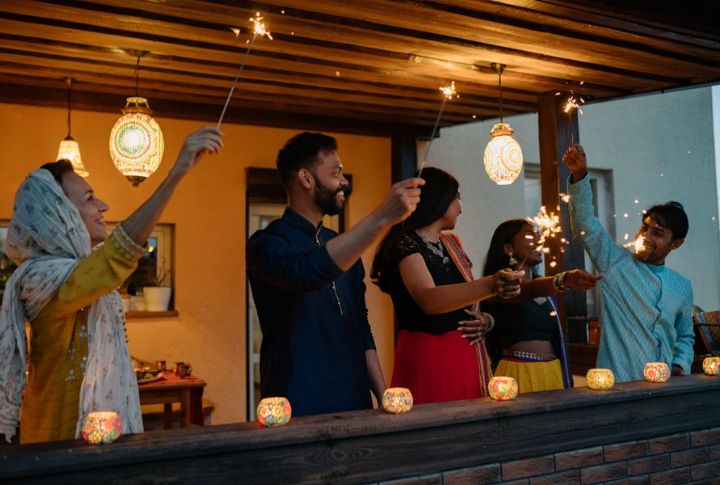
Big transitions like moving, changing careers, or getting married naturally make people more selective about who stays close. Instead of expanding their social reach, many choose to deepen ties with those who’ve been consistent. Intimacy feels more grounding than juggling new dynamics during life’s unpredictable moments.
Fewer Voices Make Room For Deeper Listening
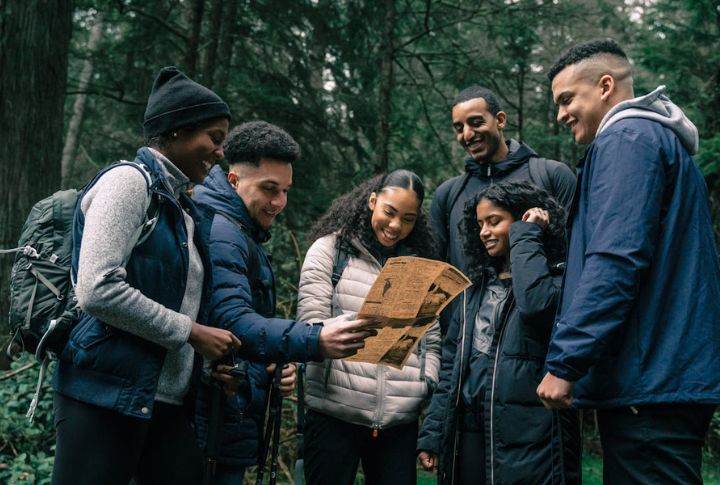
With fewer people in the mix, conversations tend to stretch out rather than skip around. There’s more time to sit with stories, ask thoughtful questions, and actually hear each other. It turns hangouts into grounding exchanges where each voice carries weight and isn’t just waiting for its turn.
Consistency Means More Than Chemistry

Some friendships start strong, but not all of them last. For people who keep close-knit circles, regular effort carries more weight than a magnetic first meeting. They hold tight to those who show up over time, even quietly, because a steady presence builds more comfort than grand beginnings.
They Gravitate Toward Friends Who Respect Space

In smaller circles, there’s a shared understanding that space doesn’t equal distance. Friends who honor each other’s boundaries tend to build deeper trust. When no one takes silence personally or pushes too hard, it becomes easier to relax, connect, and keep the bond steady through life’s shifting seasons.
Age Sharpens The Focus On Meaningful Ties
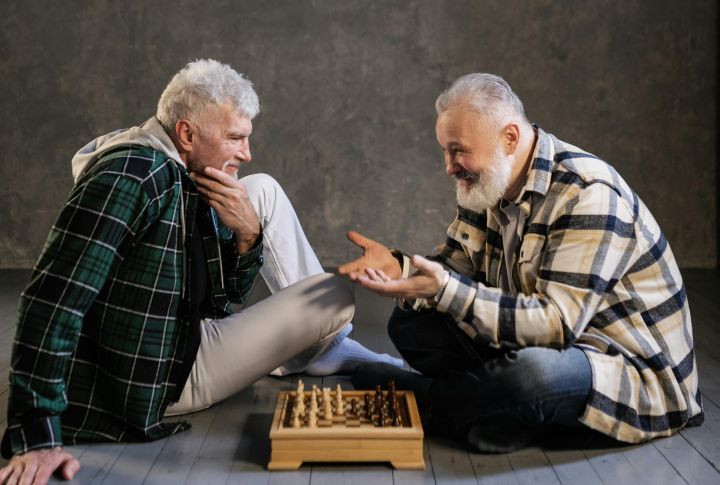
With time, your capacity for shallow relationships shrinks. Priorities shift, energy gets budgeted, and peace takes the lead. That’s when old, consistent friends become lifelines. You stop casting wide nets because you’ve already found the people who truly catch you when it matters.

